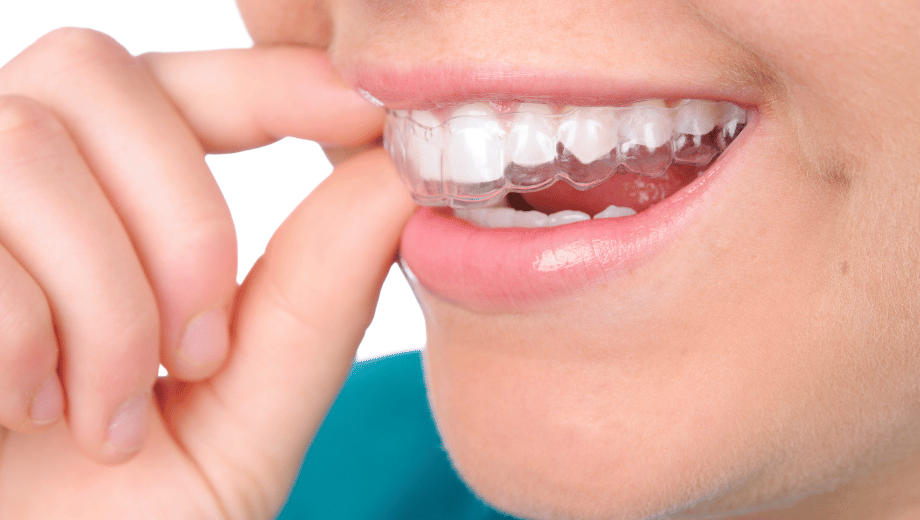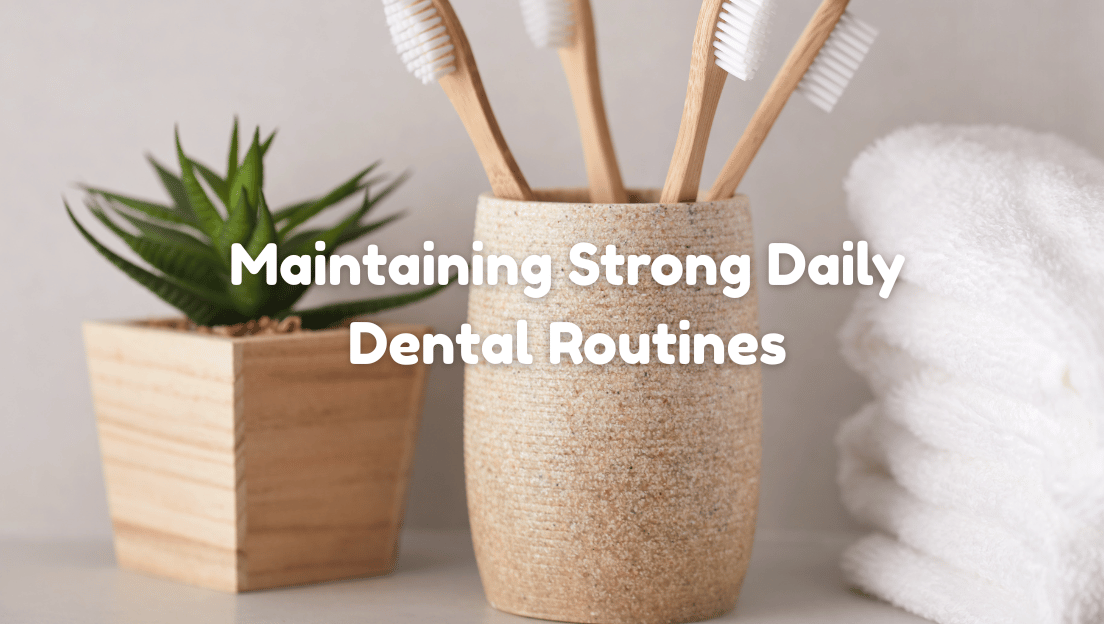Building lasting dental habits begins at home. For many families, the challenge isn’t just about remembering to brush and floss, it’s about cultivating a daily rhythm that sticks. Dental health affects well-being, influencing digestion, immunity, and even confidence. Instilling these routines early and practicing them together reinforces consistency, making oral care less of a chore and more of a lifestyle.
Make Brushing a Shared Family Ritual
Children are far more likely to adopt healthy habits when they see their parents doing the same. Instead of reminding your kids to brush their teeth from across the room, make it a family event. Designate a specific time in the morning and evening when everyone brushes together. This establishes routine and models the correct technique and duration.
Younger children often struggle with timing, so consider using a two-minute song or timer to guide them. Turn the process into a game: who can brush every corner without skipping? Who can spit without splashing the mirror? A little fun makes brushing more engaging for reluctant toddlers and young school-aged kids.
Choose Quality Products That Support Oral Health
The products your family uses can make a huge difference in the effectiveness of your dental care routine. Toothpastes, rinses, and flosses should be free of harsh chemicals while still delivering the necessary protection against cavities, tartar, and gum disease. As evident at https://betterbiom.com/, there are natural products that are free from artificial dyes, sulfates, and preservatives. These alternatives can be helpful for children with sensitivities or allergies.
Natural products often contain ingredients like xylitol, tea tree oil, or neem, which promote a healthy balance of oral bacteria without disrupting the mouth’s natural biome. Encouraging your family to read labels and understand the purpose of each ingredient can empower better choices and teach lifelong health literacy.
Create a Visual Dental Routine Chart
Visual aids help children stay on track and feel accomplished. Hang a dental routine chart in the bathroom, outlining daily tasks like brushing, flossing, and rinsing. Use stickers or check marks to track progress. Seeing the pattern grow daily can be surprisingly motivating for young kids and preteens alike.
This visual reinforcement helps turn dental care from a “must-do” into a self-motivated behavior. For older children, consider allowing them to design their own chart or tracker, which adds ownership to the process and increases buy-in. Routine logs can be a useful tool for identifying skipped steps, particularly if a child frequently complains of sore gums or bad breath.
Schedule Routine Dental Education Moments
Oral hygiene shouldn’t only be discussed at the dentist’s office. Families should carve out moments throughout the week to talk about dental health in age-appropriate ways. Ask your child what they notice about their teeth, discuss why sugar causes decay, or read a fun book about a visit to the dentist.
This regular exposure normalizes oral care as part of health, not a mysterious set of instructions to be followed blindly. It allows kids to ask questions and express concerns they may not voice in a clinical setting. Some parents use meal prep time or bath time to talk about plaque, tooth enamel, or the importance of drinking water after snacks.
Use Rewards to Build Momentum
Positive reinforcement can work wonders in helping kids stay committed to their routine. Consider setting goals, such as completing a full week of brushing and flossing without missing a step. Once achieved, offer small rewards like choosing the next family movie or picking out a new toothbrush in their favorite color.
The key is to reward consistency and effort rather than perfection. Reinforce that forming a habit takes time and encourage persistence even if they miss a day. Many families find that within a few weeks, the novelty of the reward fades as the routine itself becomes second nature.

Monitor Diet for Hidden Sugar Traps
Even the best dental routines can be undermined by a high-sugar diet. Many snacks marketed to children, like flavored yogurts, granola bars, and juices, contain added sugars that feed the bacteria responsible for tooth decay. Teaching your family to recognize hidden sugars helps reduce cavities and promotes long-term oral health.
Focus on whole foods, fiber-rich fruits and vegetables, and dairy products that strengthen enamel. Drinking water after meals helps rinse away food particles and neutralize acid buildup. Encourage older kids and teens to read nutrition labels and understand how sugar content relates to dental risk. These lessons will pay off as they become more independent.
Make Regular Dental Visits a Family Affair
Twice-yearly dental checkups are important, but for many families, they feel like an added burden. Instead of treating them as a disruptive obligation, coordinate appointments so the whole family goes together. Making it a joint outing helps reduce anxiety, normalize the process, and encourage accountability.
Before the visit, talk about what to expect. Let children bring questions or concerns they want to ask the dentist. Afterward, treat it as an accomplishment. Consider stopping for smoothies or a walk in the park afterward. This positive reinforcement connects dental care with supportive family experiences.
Strong dental habits don’t happen overnight, but with the right structure, encouragement, and tools, families can foster routines that stick for life. Start small, stay consistent, and keep it positive. A healthy smile is one of the best gifts a family can build together.




